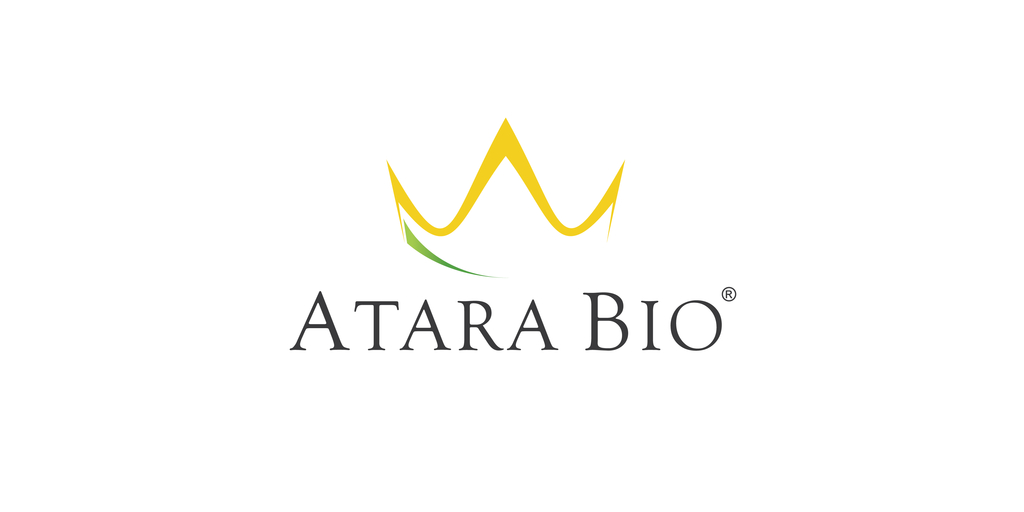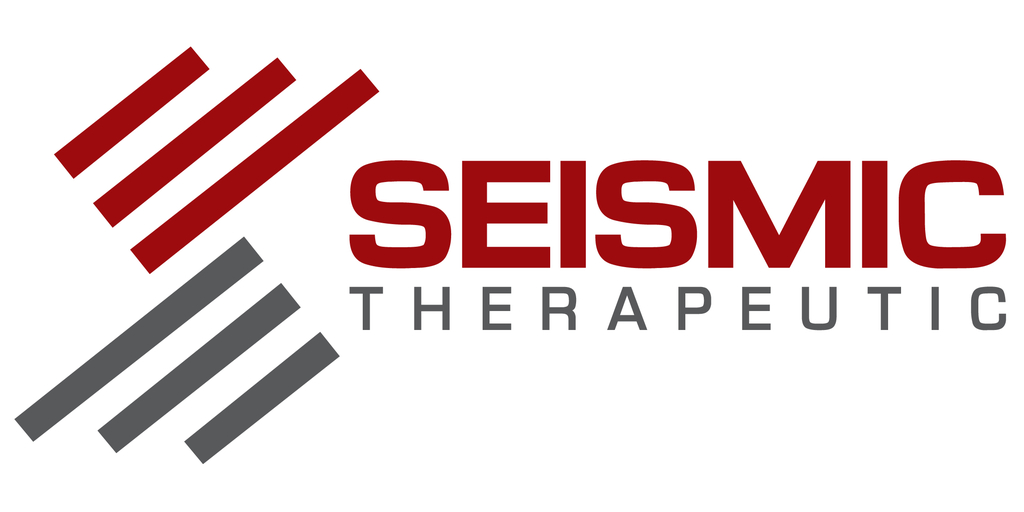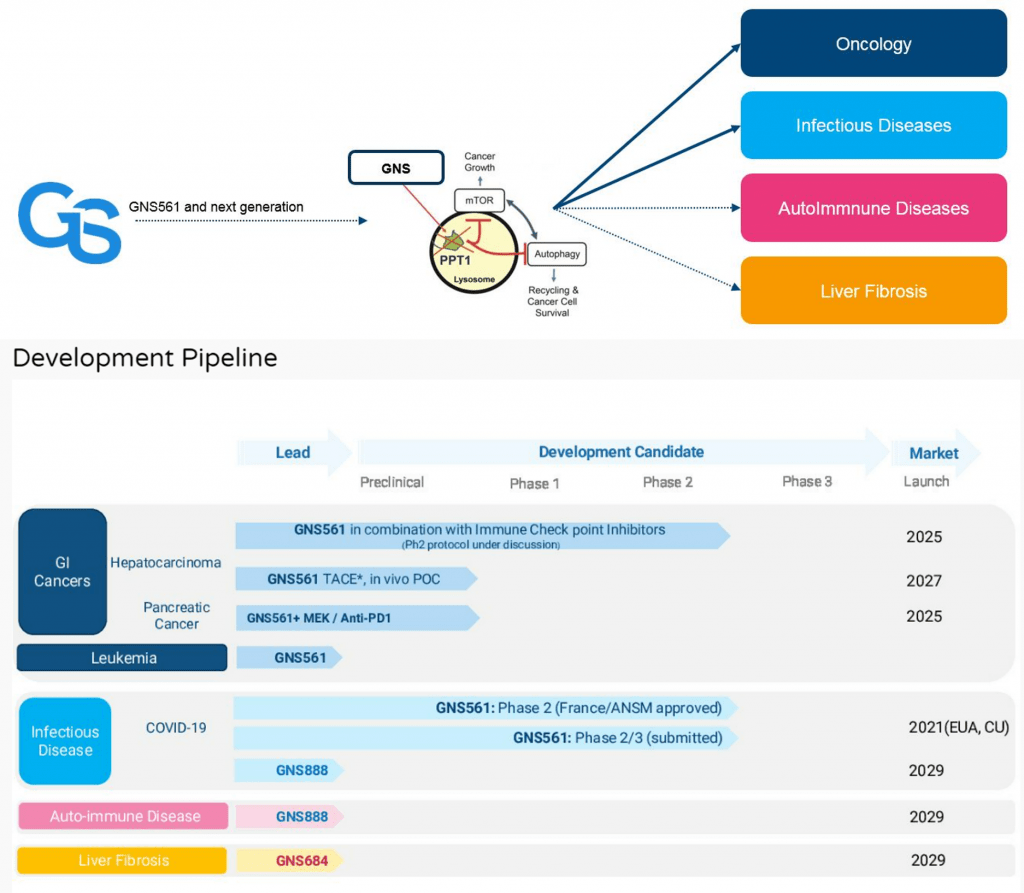Second IND Clearance for ATA3219 Following Non-Hodgkin’s Lymphoma (NHL) and First in an Autoimmune Disease Indication
Initial Clinical Data in NHL Anticipated in H2 2024 and for Lupus Nephritis in H1 2025
THOUSAND OAKS, Calif.–(BUSINESS WIRE)–$ATRA #CART—Atara Biotherapeutics, Inc. (Nasdaq: ATRA), a leader in T-cell immunotherapy, leveraging its novel allogeneic Epstein-Barr virus (EBV) T-cell platform to develop transformative therapies for patients with cancer and autoimmune diseases, today announced the U.S. Food and Drug Administration (FDA) has cleared an Investigational New Drug (IND) application for ATA3219, an allogeneic, anti-CD19 chimeric antigen receptor (CAR) T-cell monotherapy for the treatment of systemic lupus erythematosus (SLE) with kidney involvement (lupus nephritis [LN]).

“Expanding upon an extensive clinical experience encompassing the treatment of over 600 patients using our allogeneic T-cell platform in both oncology and autoimmune diseases, we are excited to clinically evaluate the potential of our differentiated allogeneic CAR T-cell approach. We are eager to address the significant unmet need in lupus nephritis as we initiate our Phase 1 trial,” said Pascal Touchon, President and Chief Executive Officer of Atara. “We look forward to bringing the promise and accessibility of a potentially curative off-the-shelf cell therapy option to patients with severe autoimmune diseases, potentially eliminating the burdens of autologous CAR T therapies like costly infrastructure and treatment delays.”
The multi-center, Phase 1, open-label, single-arm, dose-escalation study will evaluate the safety and preliminary efficacy of ATA3219 in subjects with LN. Subjects will receive lymphodepletion treatment followed by ATA3219 at a dose of 40, 80, or 160 x 106 CAR+ T cells. ATA3219 is designed to be given as a one-time infusion and followed for safety and efficacy. Each dose level is designed to enroll 3-6 patients, with the first subject expected to be enrolled in the second half of 2024.
“Existing therapeutic agents for lupus nephritis yield suboptimal responses and have limitations due to their requirement for ongoing administration, susceptibility to treatment failures, and limited accessibility to inflamed tissues resulting in incomplete depletion of B cells,” said Rajani Dinavahi, Chief Medical Officer at Atara. “CAR T cells can naturally infiltrate deep into target tissues to mediate B-cell depletion and produce durable responses. Building on the encouraging academic data in lupus nephritis with autologous CD19 CAR T, ATA3219 is an off-the-shelf therapy that could significantly reduce constraints for patients and physicians like leukapheresis and long waiting times, therefore potentially improving access to a large population of patients.”
Proof of concept for a CD19 CAR T approach in autoimmune disease was first demonstrated in early academic results from an investigator-sponsored study showing 100% (8/8) of LN patients rapidly attaining drug-free, durable remission with an autologous CD19-targeted CAR T therapy. The therapy eliminated the pathogenic, autoreactive B cells and allowed healthy B cells to return after treatment, enabling the patients’ immune system to function normally again with associated improvement of clinical symptoms.1 These early proof of concept clinical data with CD19 targeted CAR T support further development of CAR T for LN with differentiated and off-the-shelf allogeneic approaches.
The ATA3219 IND submission included in vitro data reflecting the CD19 antigen-specific functional activity of ATA3219 and CAR-mediated activity against B cells from SLE patients. ATA3219 led to robust CD19-specific B-cell depletion compared to controls.
LN is a serious and most common complication of SLE, a chronic multisystem autoimmune disease. The prevalence of SLE in the U.S. is 73 per 100,000 people, afflicting more than 200,000 U.S. patients alone, and occurs in women much more commonly than men. Up to 60% of adult patients with SLE develop renal disease during the course of their illness, and up to 70% of patients with LN are refractory to standard immunosuppressive therapies. Despite recent advances in treatment strategies, the response rate using existing therapies remains low, with significant risk of long-term morbidity and mortality associated with refractory LN.
About ATA3219
ATA3219 combines the natural biology of unedited T cells with the benefits of an allogeneic therapy. It consists of allogeneic Epstein-Barr virus (EBV)-sensitized T cells that express a CD19 CAR construct for the treatment of CD19+ relapsed or refractory B-cell malignancies, including B-cell non-Hodgkin’s lymphoma and B-cell mediated autoimmune diseases including systemic lupus erythematosus (SLE) with kidney involvement (lupus nephritis [LN]). ATA3219 has been optimized to offer a potential best-in-class profile, featuring off-the-shelf availability. It incorporates multiple clinically validated technologies including a modified CD3ζ signaling domain (1XX) that optimizes expansion and mitigates exhaustion, enrichment during manufacturing for a less differentiated phenotype for robust expansion and persistence and retains the endogenous T-cell receptor without gene editing as a key survival signal for T cells contributing to persistence.
Next-Generation Allogeneic CAR T Approach
Atara is focused on applying Epstein-Barr virus (EBV) T-cell biology, featuring experience in over 600 patients treated with allogeneic EBV T cells, and novel chimeric antigen receptor (CAR) technologies to meet the current limitations of autologous and allogeneic CAR therapies head-on by advancing a potential best-in-class CAR T pipeline in oncology and autoimmune disease. Unlike gene-edited approaches aimed at inactivating T-cell receptor (TCR) function to reduce the risk for graft-vs-host disease, Atara’s allogeneic platform maintains expression of the native EBV TCR that promote in vivo functional persistence while also demonstrating inherently low alloreactivity due to their recognition of defined viral antigens and partial human leukocyte antigen (HLA) matching. A molecular toolkit of clinically-validated technologies—including the 1XX costimulatory domain designed for better cell fitness and less exhaustion while maintaining stemness—offers a differentiated approach to addressing significant unmet need with the next generation CAR T.
About Atara Biotherapeutics, Inc.
Atara is harnessing the natural power of the immune system to develop off-the-shelf cell therapies for difficult-to-treat cancers and autoimmune conditions that can be rapidly delivered to patients from inventory. With cutting-edge science and differentiated approach, Atara is the first company in the world to receive regulatory approval of an allogeneic T-cell immunotherapy. Our advanced and versatile T-cell platform does not require T-cell receptor or HLA gene editing and forms the basis of a diverse portfolio of investigational therapies that target EBV, the root cause of certain diseases, in addition to next-generation AlloCAR-Ts designed for best-in-class opportunities across a broad range of hematological malignancies and B-cell driven autoimmune diseases. Atara is headquartered in Southern California. For more information, visit atarabio.com and follow @Atarabio on X and LinkedIn.
Forward-Looking Statements
This press release contains or may imply “forward-looking statements” within the meaning of Section 27A of the Securities Act of 1933 and Section 21E of the Securities Exchange Act of 1934. For example, forward-looking statements include statements regarding the development, data, timing and progress, as applicable, of: (1) the ATA3219 program; (2) the potential characteristics and benefits of ATA3219; (3) the Company’s planned clinical study of ATA3219 to treat lupus nephritis, including the timing and enrollment thereof. Because such statements deal with future events and are based on Atara’s current expectations, they are subject to various risks and uncertainties and actual results, performance or achievements of Atara could differ materially from those described in or implied by the statements in this press release. These forward-looking statements are subject to risks and uncertainties, including, without limitation, risks and uncertainties associated with the costly and time-consuming pharmaceutical product development process and the uncertainty of clinical success; the ongoing COVID-19 pandemic and the wars in Ukraine and the Middle East, which may significantly impact (i) our business, research, clinical development plans and operations, including our operations in Southern California and Denver and at our clinical trial sites, as well as the business or operations of our third-party manufacturer, contract research organizations or other third parties with whom we conduct business, (ii) our ability to access capital, and (iii) the value of our common stock; the sufficiency of Atara’s cash resources and need for additional capital; and other risks and uncertainties affecting Atara’s and its development programs, including those discussed in Atara’s filings with the Securities and Exchange Commission , including in the “Risk Factors” and “Management’s Discussion and Analysis of Financial Condition and Results of Operations” sections of the Company’s most recently filed periodic reports on Form 10-K and Form 10-Q and subsequent filings and in the documents incorporated by reference therein. Except as otherwise required by law, Atara disclaims any intention or obligation to update or revise any forward-looking statements, which speak only as of the date hereof, whether as a result of new information, future events or circumstances or otherwise.
1Mueller, F., et al. CD19-Targeted CAR-T Cells in Refractory Systemic Autoimmune Diseases: A Monocentric Experience from the First Fifteen Patients. Blood 2023; 142 (Supplement 1): 220.
Contacts
Investor and Media Relations:
Jason Awe, Ph.D.
Senior Director, Corporate Communications & Investor Relations
(805) 217-2287
jawe@atarabio.com









